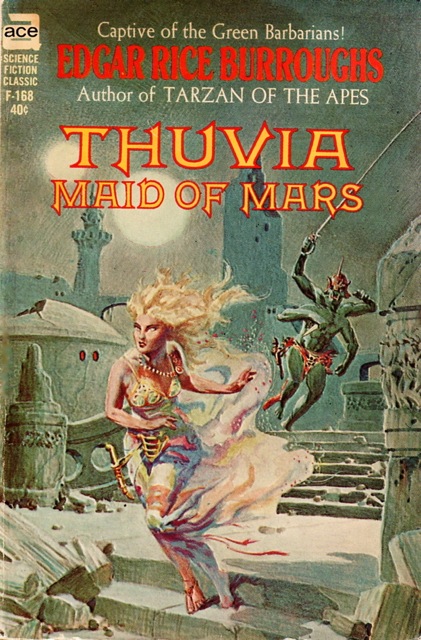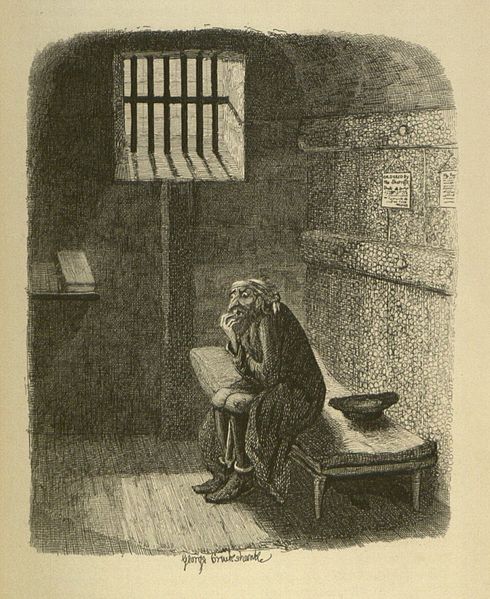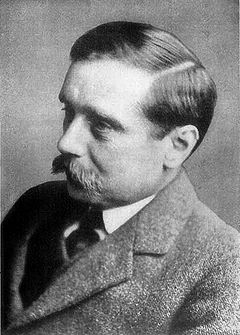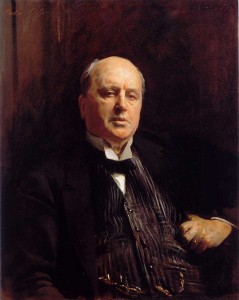Culture and the Downloadable Novel
JOHN HARRIS, editor of Praesidium and executive director of the Center for Literate Values, writes:
I happened upon Alexis de Tocqueville’s remarks about literary taste in American democracy recently. Dense irony swirled around the discovery of his words about the literary industry. He wrote:
The ever-growing crowd of readers and the continual need they have of the new assure the sale of a book that they scarcely esteem.
My Kindle allowed me to have a free copy of Tocqueville’s classic, in the first place … but I have long since learned that the price of such free stuff is a gaudy billboard staring me in the face every time I reach for my palm-held library. Last week, some TV serial titled “Nashville” hounded me. This week it’s a novel called Dawn which claims to be “Book One of the Xenogenesis Trilogy.” Has the author, then, already contracted to produce two more tomes … or is this glorious triad being republished for Kindle-owners after an initial triumph? Or, does it even matter? Isn’t everything a trilogy now? Does the sort of person who reads these things actually know what a trilogy is, any more than he or she is alert to the literal absurdity behind the word “xenogenesis”?
Tocqueville foresaw that, like everything else in America, creative literature would be driven by an insatiable thirst for novelty. Exoticism would be ground out without any consideration for plausibility. (more…)





![bigstockphoto_Group_Of_Meat_On_Holiday_Table_1152564[1] bigstockphoto_Group_Of_Meat_On_Holiday_Table_1152564[1]](https://thinkinghousewife.com/wp/wp-content/uploads/2009/12/bigstockphoto_Group_Of_Meat_On_Holiday_Table_11525641-214x300.jpg)
![bigstockphoto_Sketchy_Flower_On_Black_2055087[1] bigstockphoto_Sketchy_Flower_On_Black_2055087[1]](https://thinkinghousewife.com/wp/wp-content/uploads/2009/12/bigstockphoto_Sketchy_Flower_On_Black_205508711-150x112.jpg)
